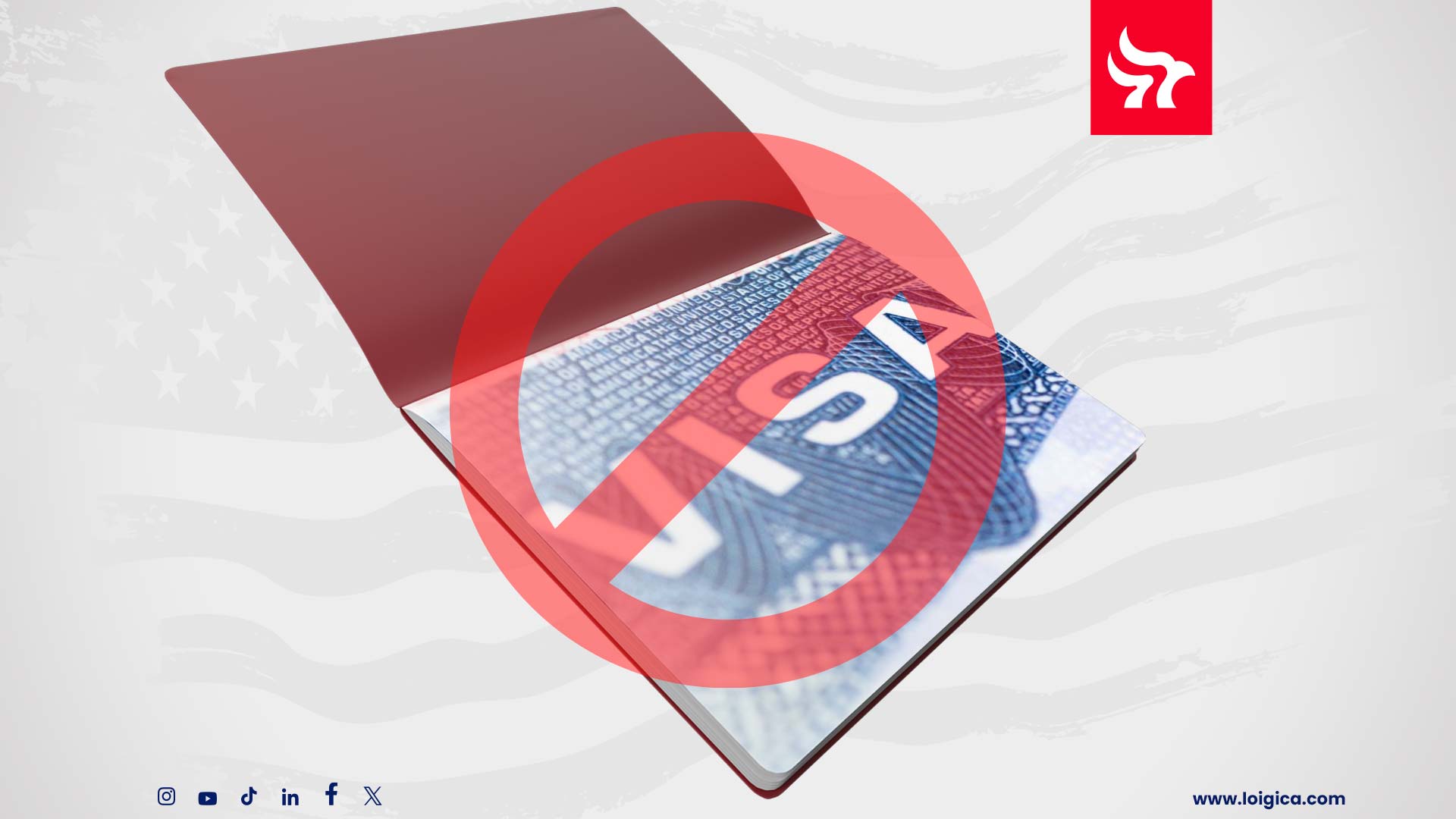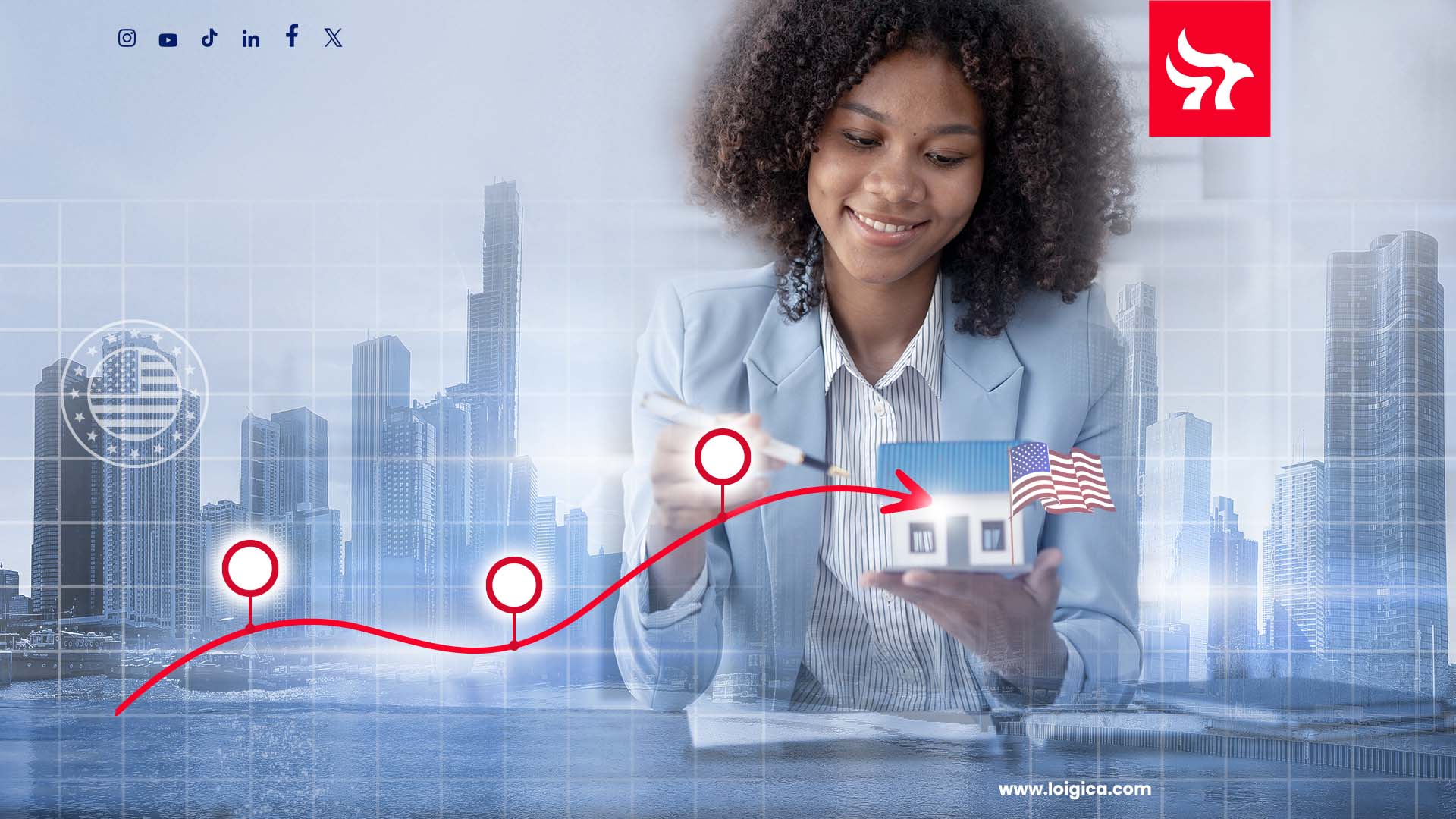renewal of a tourist visa: 7 minutes read
Why can my visa renewal be denied?
The tourist visa may be denied for lack of strong ties to the home country, exceeding the time allowed on previous visits, engaging in unauthorized activities in the U.S., or providing incomplete or inaccurate information.
Traveling to the United States is a dream for many, as it is a place where cultural diversity, opportunities, and unique experiences are found around every corner. Among the various types of visas available, the B-2 visa is the key for those travelers looking to explore this vibrant country for tourism or personal purposes. However, your renewal process can be a path full of uncertainties.
Each year, thousands of individuals seek to extend their ability to visit the United States, whether to continue to discover its wonders, to be close to loved ones, or to receive quality health care. Despite the clear intentions of applicants, it is not uncommon to come across stories of denied renewals, leaving many in a situation of disappointment and/or confusion.
This situation brings us to an important question: why is the renewal of the B-2 visa denied? At first glance, it seems like a straightforward procedure, but there are some nuances and considerations that come into play.
Let's remember the basics: What is a B-2 visa?
The B-2 visa, commonly known as a tourist visa, opens the door to the United States for those seeking to explore the country’s culture and society, rest in their vibrant cities, beaches, and mountains, or reunite with loved ones. This essentially temporary permit allows visitors to enjoy the cultural richness, natural landscapes, emblematic cities, and, in many cases, access to first-class medical services.
Under this visa, visitors can stay in the country for a maximum period of six months. But this limit may vary as the case may be. During their stay, B-2 visa holders are only allowed to participate in tourist activities, visit friends or family, and receive medical treatment. It is important to note that this visa does not allow you to work, study full-time, or participate in exchange programs.
To obtain it, it is necessary to demonstrate intentions to return to the country of origin, presenting evidence such as stable employment, property, or family ties. Likewise, sufficient economic solvency must be proven to cover expenses during the stay in the United States.
The B-2 visa renewal process, while similar to that of the initial application, requires a meticulous approach and proper preparation. For example, maintaining a clean history of previous trips to the United States, and respecting the terms of previous stays, plays a critical role in the chances of approval. Renewal is not automatic, and each application is evaluated individually, so understanding these details is essential to successfully navigating the process.
What are the most common mistakes for denying a tourist visa?
Common errors include providing outdated information on Form DS-160, failing to demonstrate sufficient financial stability, and exceeding allowable periods of stay in the United States on previous visits.
Three Common Mistakes That Can Deny Your Renewal
When seeking B-2 visa renewal, it is essential to avoid certain common mistakes that can complicate or even result in denial of the process. These errors, often inadvertent, can be critical in evaluating your application. Here are three common mistakes and how to avoid them:
Mistake #1: Outdated Information on Form DS-160
When renewing a visa, the DS-160 form plays a crucial role. This form should reflect your current and accurate situation. A common mistake is to provide outdated or inconsistent information regarding the previous request. This may include changes in employment, address, marital status, or purpose of travel. Consular authorities thoroughly review this information, seeking consistency and veracity. Be sure to review and update all relevant data, even what you consider minor, to reflect your current situation.
Mistake #2: Financial Stability Doubts
Another fundamental aspect is to prove your financial solvency. The ability to finance your stay in the United States without working illegally is a decisive criterion.
A common mistake is not providing sufficient evidence of financial resources, which raises questions about economic stability. This can be mitigated by submitting up-to-date bank statements, proof of income, or letters of financial support, if applicable. The key is to clearly demonstrate that you can cover all your expenses during your visit.
Mistake #3: Periods longer than allowed in the United States
Finally, a significant mistake is to have stayed in the United States for longer periods than allowed on previous visits. This can be interpreted as a sign that you intend to reside irregularly in the country. Complying with the authorized length of stay is vital. Document and justify your previous stays, especially if they were extended, explaining the reasons behind them, and making sure that these reasons are aligned with the activities permitted under the B-2 visa.
Renewal criteria are always changing
Migration policies are dynamic and constantly changing. Their flexibility always influences the evaluation criteria of visa renewal applications. As such, it’s essential to stay informed about the latest policies to avoid surprises during the renewal process.
A recent and relevant example is the executive order signed by President Biden focused on artificial intelligence (AI), which sets a precedent in governance and investment in this technology. This initiative encompasses aspects of civil rights, industry standards, and a federal AI talent acquisition campaign. The emphasis on AI and its regulation could open up opportunities for new visa categories, especially for those possessing skills in this emerging field.
If you are facing difficulties in renewing your B-2 visa, consider this an opportunity to explore alternatives. Skills or interests in areas such as AI can align with new government policies and open doors to student visas or specialty employment. These visas, such as the H-1B visa, could be a viable option if you have AI-related skills, given the growing importance of this technology in the United States.
What other options do I have for travel to the United States?
Other options for traveling to the U.S. include student visas, specialty employment (such as the H-1B), investor visas, or exploring emerging categories related to specific skills, such as in the field of artificial intelligence.
So, beyond the B-2 visa renewal, several options may better fit your current circumstances. We encourage you to explore these alternatives and seek specialized immigration legal advice.
Remember: every trip to the United States is unique and we are here to help you navigate this complex, yet hopeful, journey. The constant evolution of migration policies and the openness to new technologies, such as AI, offer a panorama full of possibilities for those looking for new opportunities in this country full of diversity and possibilities.






